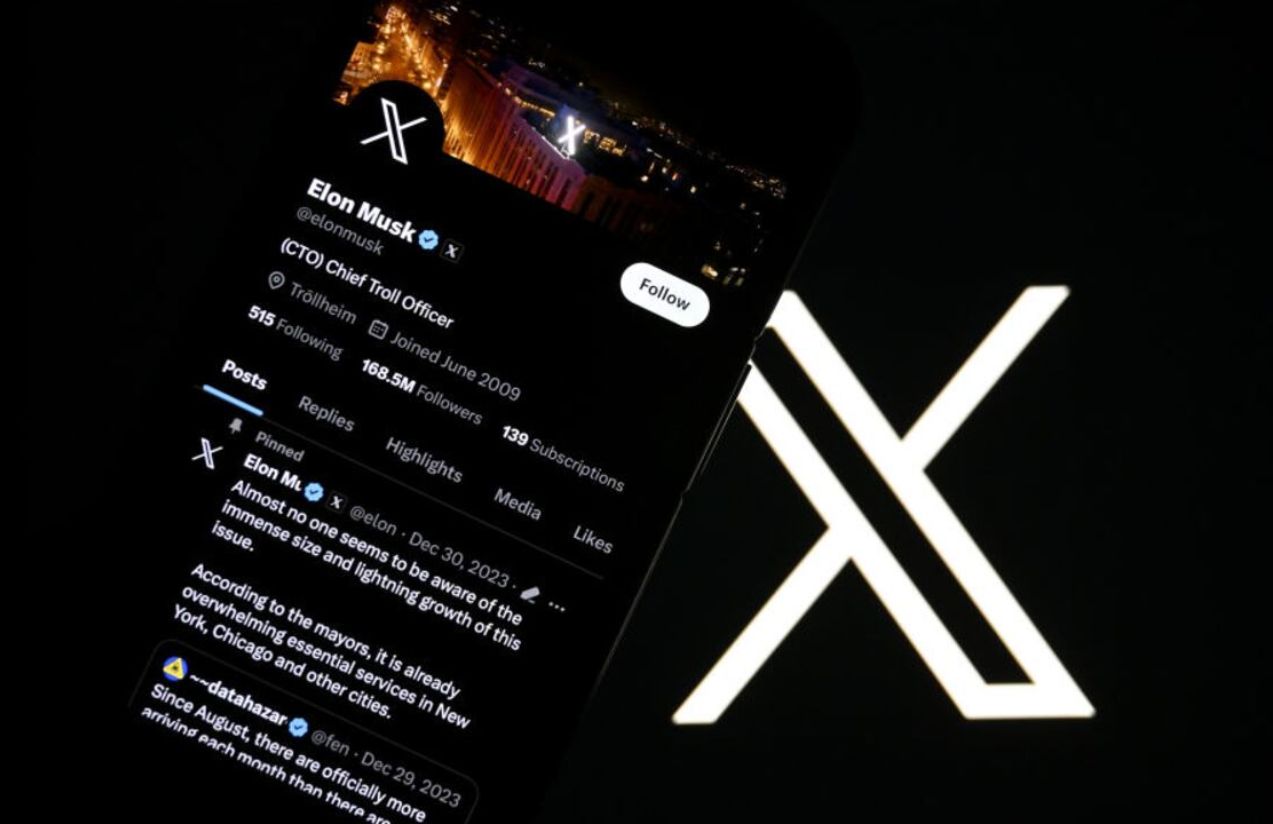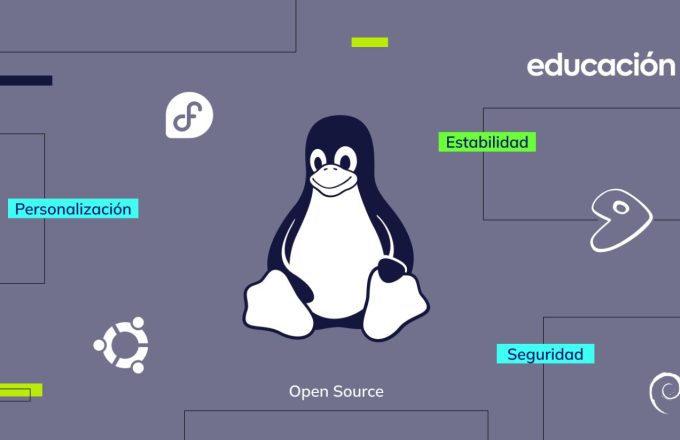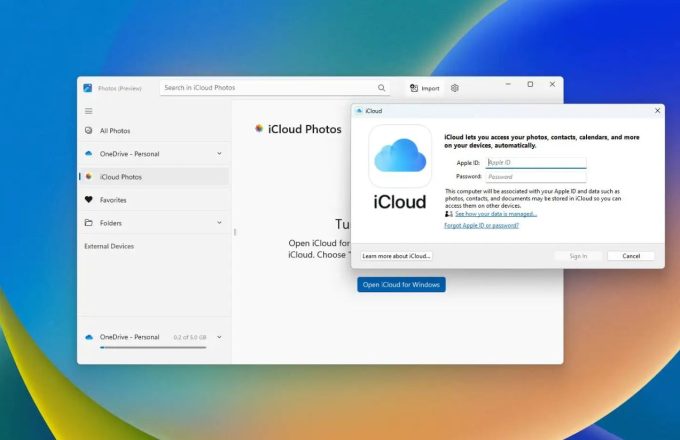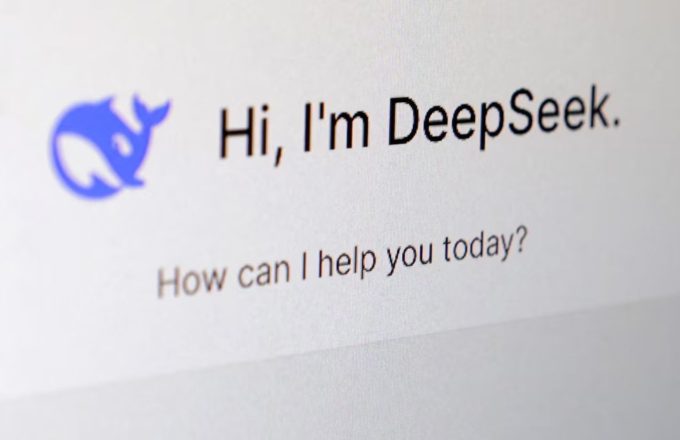Since Elon Musk acquired X (formerly Twitter), hate speech has increased, and the platform has become more toxic. This is the conclusion of a study by the University of California, Berkeley, which analyzed the presence of racist, homophobic, and transphobic messages from early 2022 to mid-2023.
The findings, published in the journal PLOS ONE, show that the weekly rate of hate speech was about 50% higher in the months following Musk’s takeover in October 2022. Additionally, despite his promises to reduce bots and misinformation, the number of fake accounts on the platform has not decreased.
“There has been a clear decline in discourse quality and an increase in platform toxicity since the acquisition.” — Daniel Gayo Avello, Professor of Computer Languages and Systems, University of Oviedo
The study also found that posts containing hate speech received 70% more “likes,” suggesting greater exposure to such content. This trend concerns researchers, as previous studies have shown a link between rising online hate and real-world violence, as well as the harmful effects of misinformation on elections and public health campaigns.
While the authors caution that they cannot establish a direct cause-and-effect relationship between Musk’s acquisition of X and the rise in toxic content, their findings align with the perception of many users and organizations that have left the platform in recent months.
Daniel Gayo Avello, an expert in social media analysis at the University of Oviedo, highlights the robustness of the study and emphasizes that the data clearly indicate a worsening of discourse on X after the takeover. He also suggests that Musk’s mass layoffs of content moderators may have contributed to this surge in toxicity.
Similarly, Amalia Álvarez Benjumea, a researcher at Spain’s CSIC, points out that this study offers a broader perspective than previous ones, as it covers a longer period and allows for direct comparisons before and after the acquisition. However, she notes some limitations, such as the study’s focus solely on English-language content, which may not fully capture global trends.
Researchers also regret that future studies of this kind will be impossible, as in September 2023, X restricted academic access to the tool that previously allowed systematic and transparent data collection.
Ultimately, the study directly challenges Musk’s claims about reducing fake accounts and misinformation on the platform and reignites the debate on the role of social media policies in shaping public discourse—both online and offline.




















